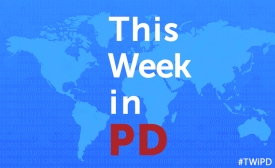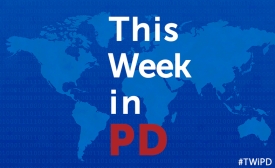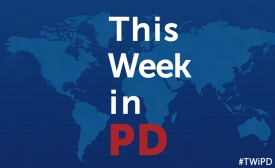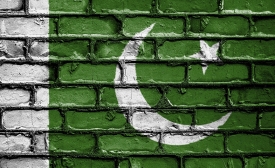digital diplomacy

This Week in PD, we share international news on development and aid diplomacy, cultural diplomacy, science diplomacy and more.

This Week in PD, we share international news on soft power, film diplomacy, digital diplomacy and more.

This Week in PD, we share international news on cultural diplomacy, humanitarian aid, exchange diplomacy and more.
According to Twiplomacy Study 2017, 92 percent of UN member states including government heads and foreign ministers are present on Twitter, and 88 percent are present on Facebook. Therefore, countries such as Pakistan that do not yet have a centralized social media policy to communicate with the foreign public, face the need to develop digital diplomacy platforms.

Muhammad Ittefaq discusses the need for Pakistan to improve its digital diplomacy.
Speed of reaction to social media trends is becoming more important in the battle between fast fashion and more established High Street retailers, say experts. [...] Topshop's global marketing director Sheena Sauvaire told the BBC's Today programme that while the concoctions on the catwalk influence High Street retail design, social media is increasingly playing a role.
President Barack Obama's act of restoring diplomatic relations with Cuba at the end of 2014 could drastically change the cultural and artistic course of the island. But Cuban artists have used video and new media to explore its past and contemplate its future for decades. The new exhibit “Hope,” which opens to the public Sunday, Sept. 17, at the art laboratory ESMoA (El Segundo Museum of Art), looks at Cuban society through new media art, from the 1970s to present day with apps, projections and other installations.
It was only a few years ago that e-diplomacy was being heralded as an unalloyed force for good. This 21st Century form of statecraft would bring transparency and openness to the closeted world of international affairs...U.S. President Donald Trump has obviously highlighted the dangers of conducting foreign policy by social media. In the hands of the impulsive and uniformed, the smart phone becomes a dangerous weapon.







